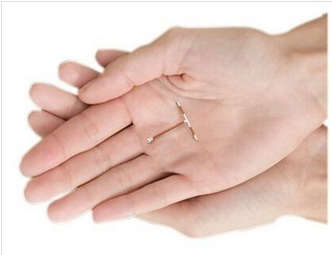
Paragard, the favorite, non-hormonal intrauterine device (IUD), has surfaced as the explanation for multiple injuries in the patients who used them. With injuries ranging from organ scarring to infertility, victims of the seriously flawed devices, are filing lawsuits against their manufacturer in an attempt to recover some of their economic losses, along with to be compensated for pain and suffering and other damages.
Paragard Background
Second in popularity only to oral contraception (“the pill”), IUD contraceptive tools are a well known form of reversible contraception, especially among women between the ages of 25 and 44, based on a Planned Parenthood study.
The Paragard IUD was approved by the U.S. Food & Drug Administration (FDA) in 1984. Manufactured by Teva Pharmaceuticals, the non-hormonal, copper device thwarts pregnancy by causing a poisonous reaction in the uterine that affects both sperm and eggs.
The IUD's popularity rides on its claimed 99-percent effectiveness at pregnancy prevention, in addition to a design that offers 10-year protection against pregnancies.
Paragard's Side Effects
Although Paragard use results in pregnancy for only one percent of the women who utilize it, when a pregnancy does occur, it are at higher risk for manifesting as ectopic, meaning the fertilized egg implants in the fallopian tube, or elsewhere outside the uterus. Ectopic pregnancies can be fatal to the mother if untreated, as a result of excessive bleeding that accompanies the condition, or could end in infertility.
Other unwanted effects from Paragard include:
Cramps
Severe menstrual pain
Bleeding between menstrual cycles
Heavy bleeding.
For more details please visit ParaGard IUD Removal Side Effects Lawsuit.
No comments:
Post a Comment